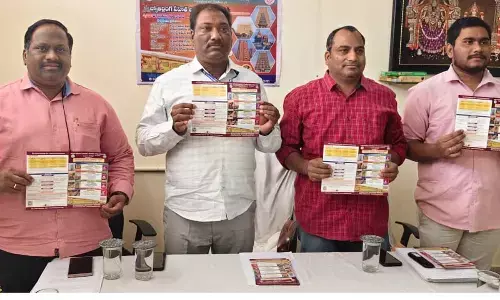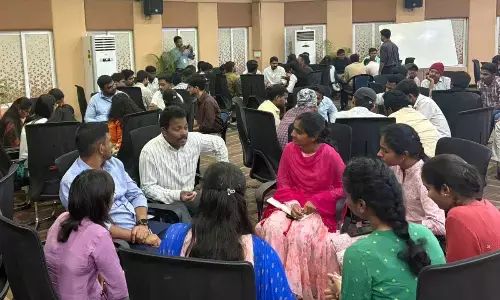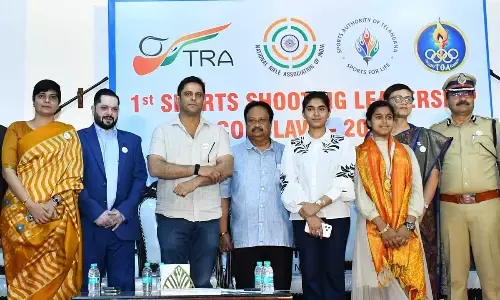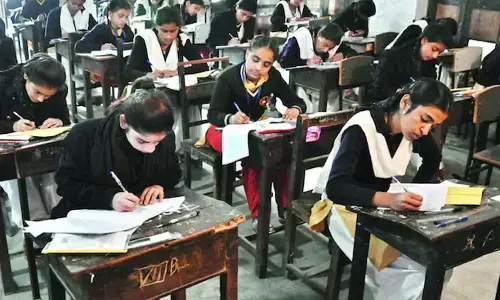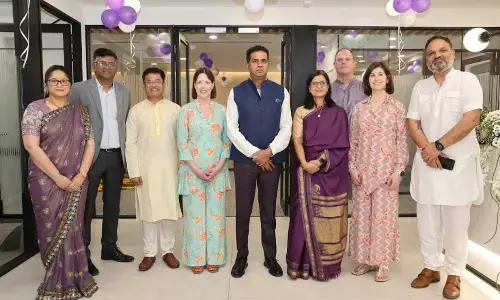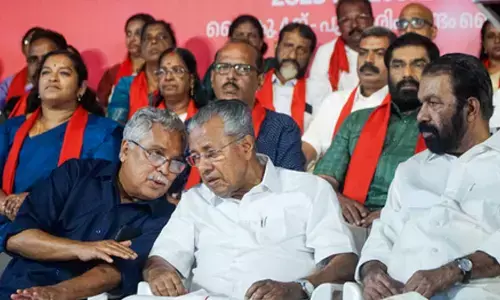Delhi Declaration on Agrobiodiversity
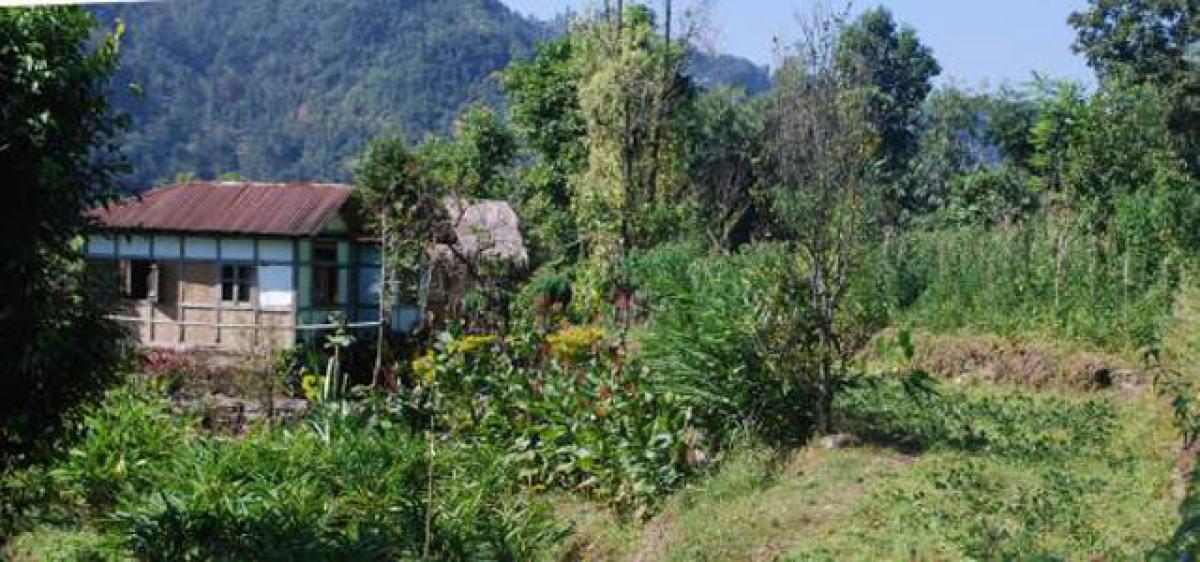
The First International Agrobiodiversity Congress was held in New Delhi from 6th to 9th November. It was a huge success, attended by 900 participants from 60 countries.
The First International Agrobiodiversity Congress was held in New Delhi from 6th to 9th November. It was a huge success, attended by 900 participants from 60 countries. Deliberations were held on various aspects of access, conservation and use of agrobiodiversity in 16 technical sessions, four satellite sessions, a genebank roundtable, a public forum, a farmers’ forum and poster sessions.
Based on these deliberations, the delegates unanimously adopted the following measures. A call was given to the world governments to accord top priority to the agrobiodiversity conservation and achievement of targets of SDGs relating to poverty alleviation, food and nutritional security, good health, gender equity and partnership.
The congress recognised the importance of traditional knowledge on agrobiodiversity of farm men and women, pastoralists and other tribal and rural communities and their central role in its conservation and use for a food and climate resilient world. It called upon the countries to develop the necessary funding, legal and institutional mechanism to ensure and facilitate their continued active participation.
Moreover, steps were urged to initiate, strengthen, and promote complementary conservation strategies to conserve and use agrobiodiversity including crop wild relatives in more dynamic way to ensure a continuum between ex situ, in situ and on farm conservation strategies to combat food and nutrition insecurity as well as adverse effects of climate change, land degradation and biodiversity loss.
The meet invited researchers to employ modern technologies including, but not limited to, genomic, space, computational, and nano-technologies for characterization, evaluation and trait discovery using genetic resources. Recognising the necessity of global exchange of plant, animal, aquatic microbial and insect genetic resources for food and agriculture to meet the ever-growing food and nutritional needs of each country, it called for improvement of their phytosanitary capacities to facilitate safe transfer of genetic resources using latest technologies and trans-boundary partnerships.
It also stressed on public and private sector partnerships to actively invest in and incentivise the utilisation of agrobiodiversity to address malnutrition, increase the resilience and productivity of farms, and enhance ecosystem services. The conference unanimously resolved to urge the UN to consider declaring soon a ‘Year of Agrobiodiversity’ to draw worldwide attention and to catalyse urgent action.



